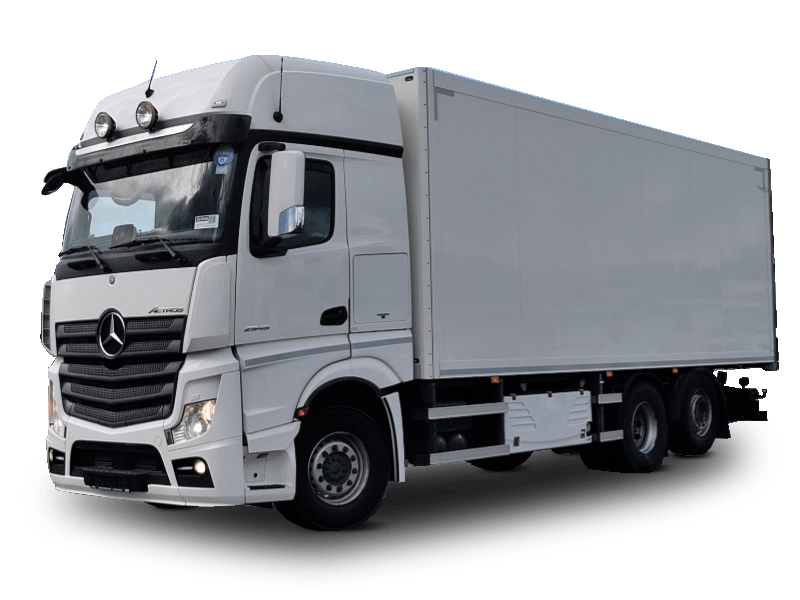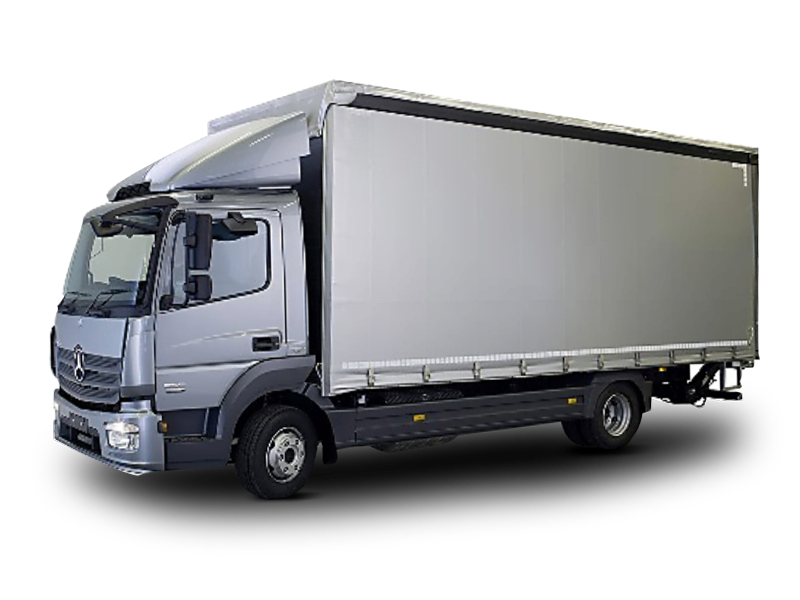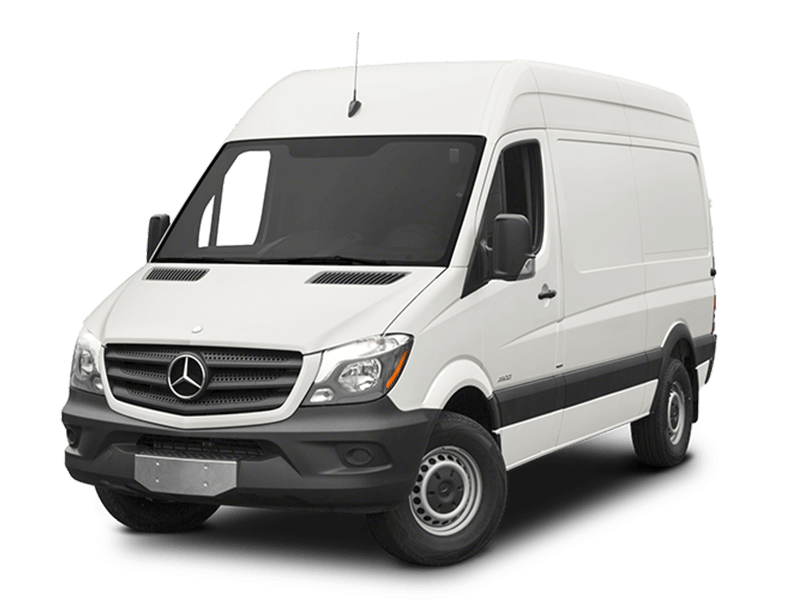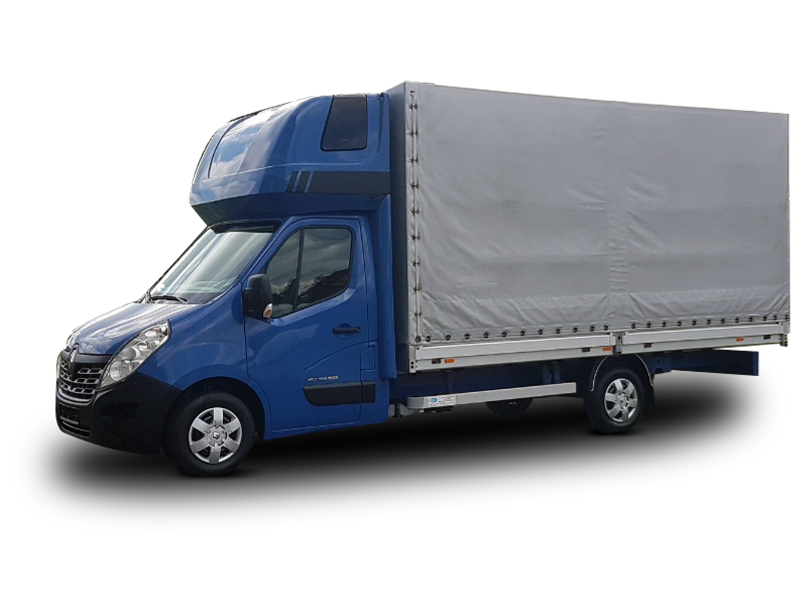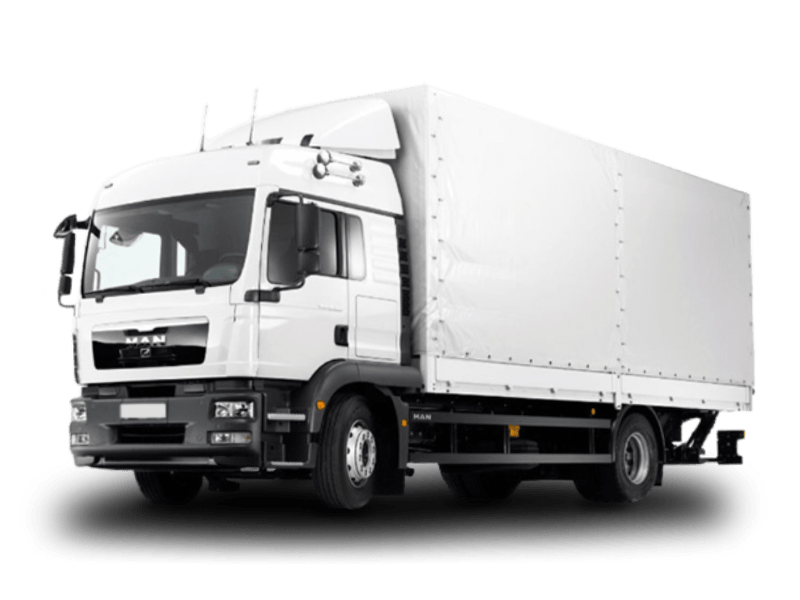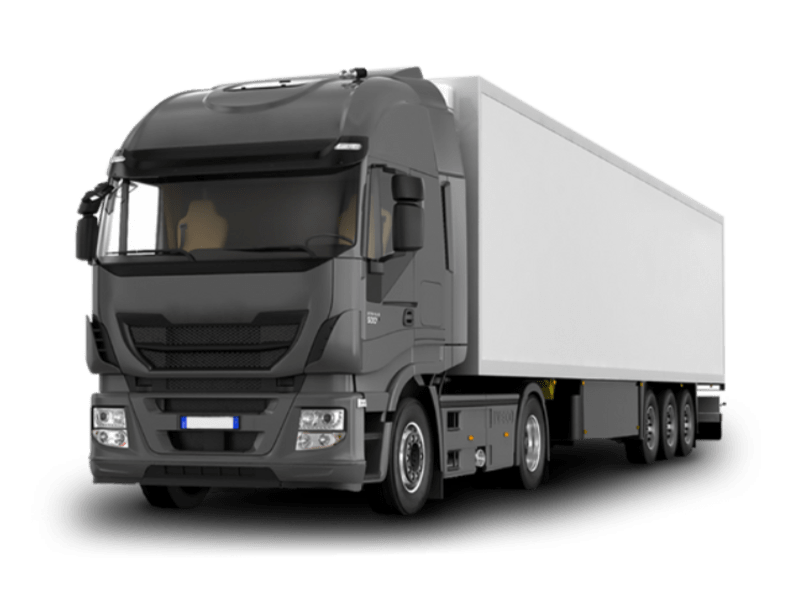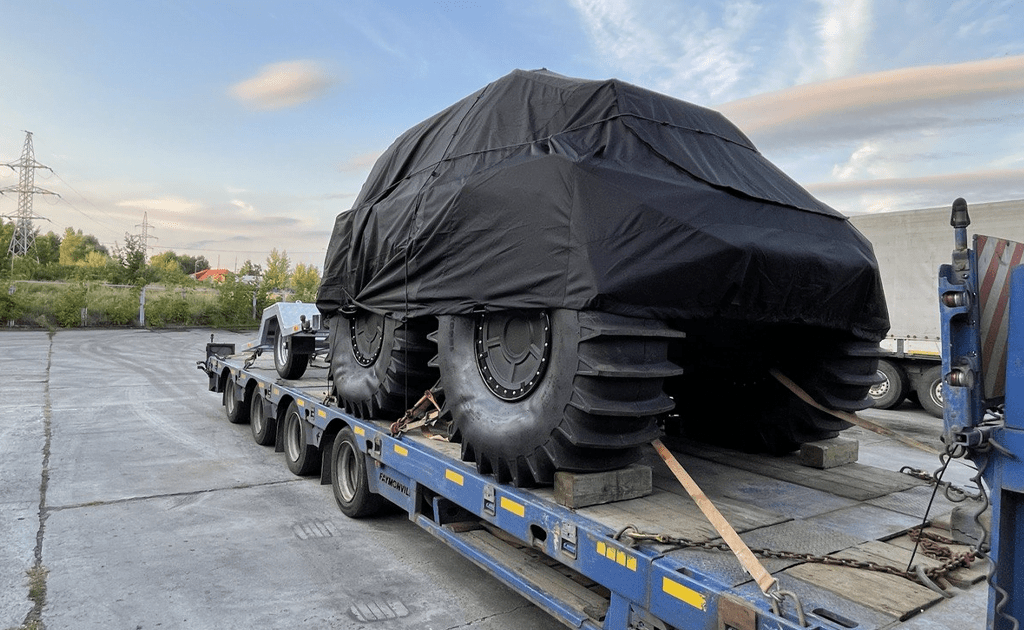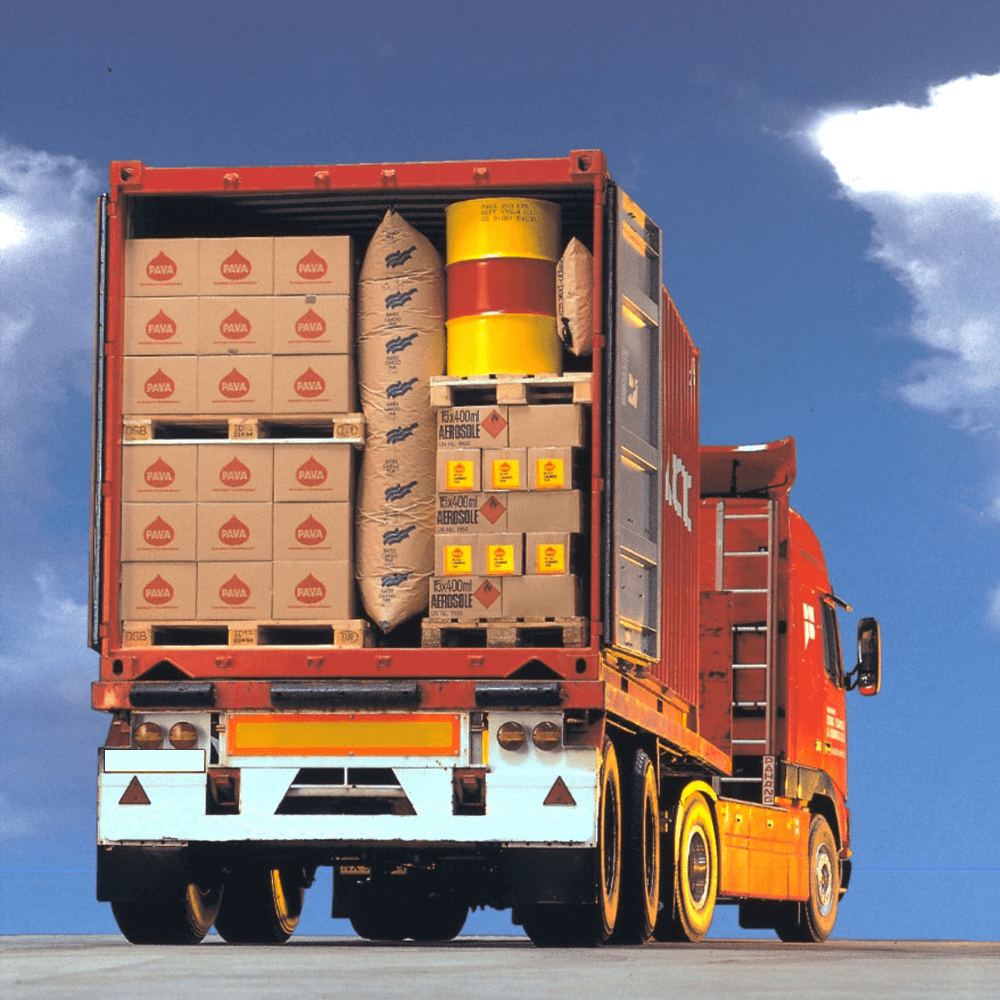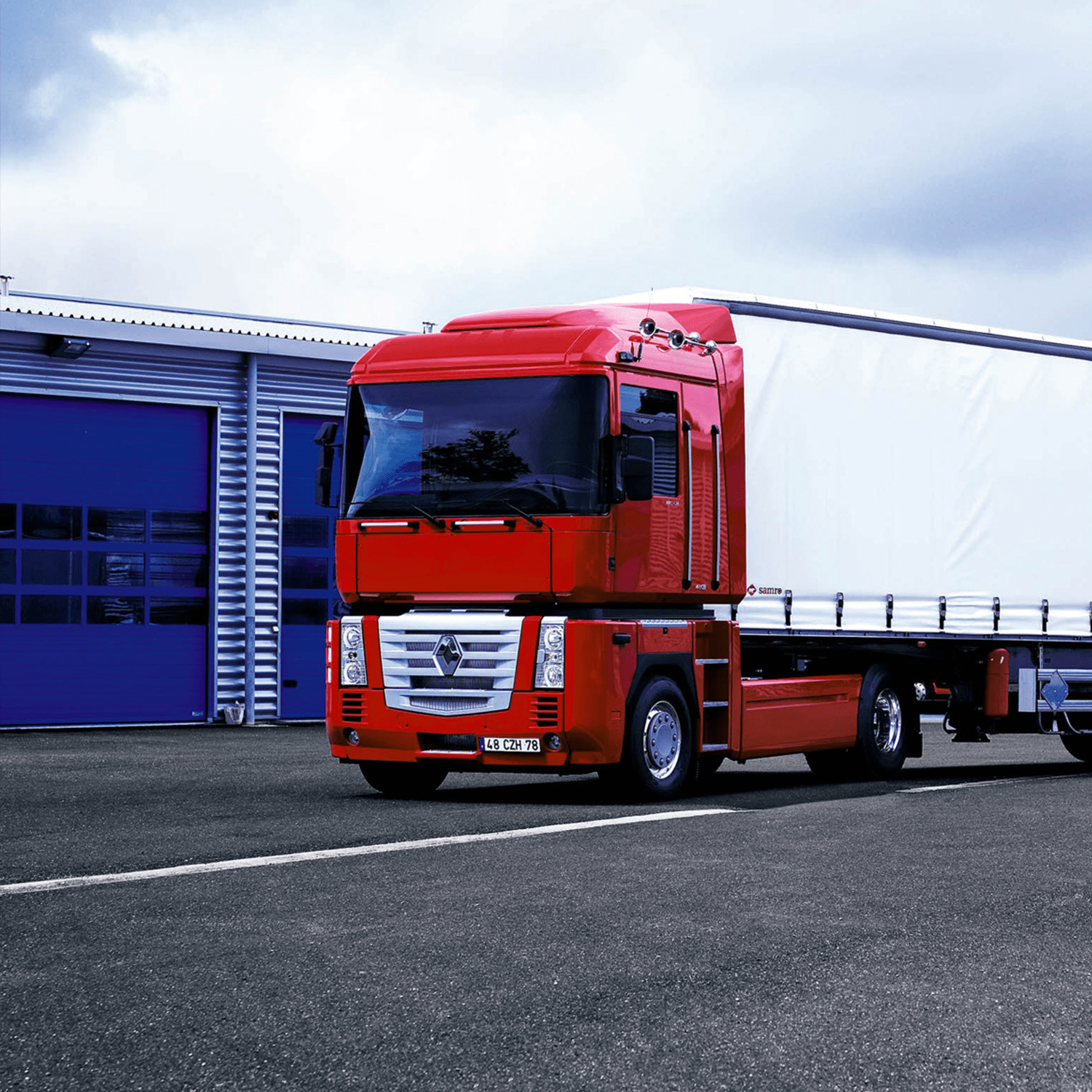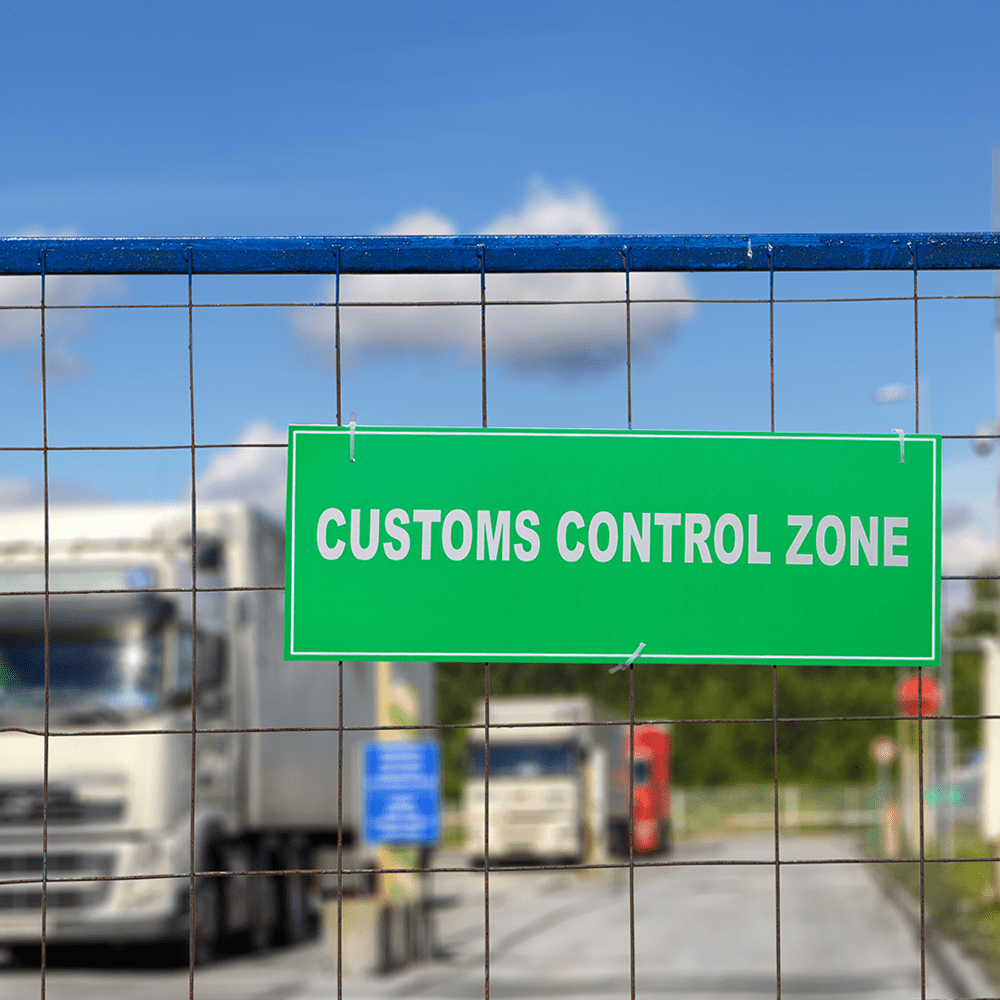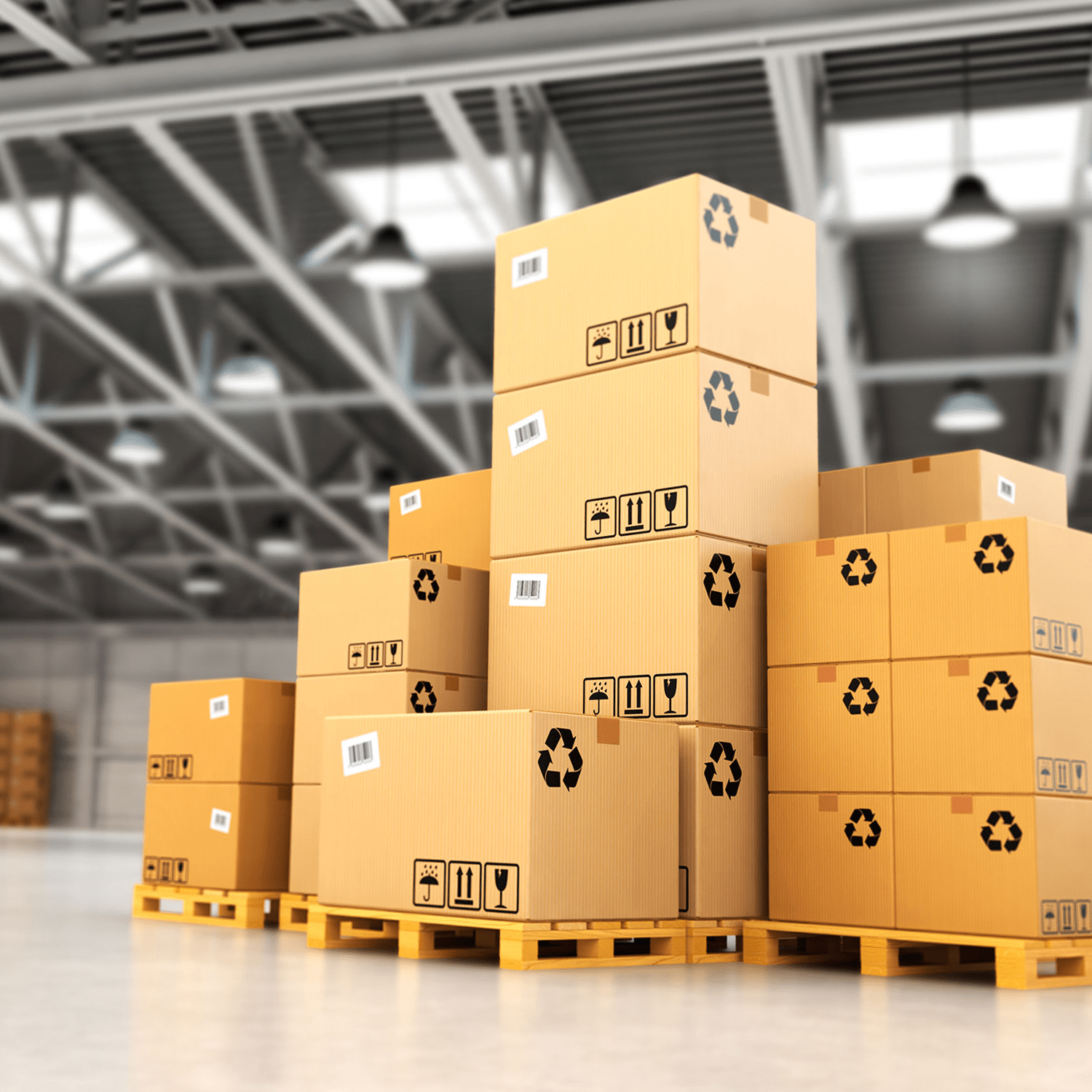At first glance, it may seem that the transportation of bulk cargo is not a too difficult task. However, as one gets down to business, it becomes obvious that this was a misconception. This rather unusual cargo often affects the car driving mode, it skids, which sometimes leads to the loss of goods. The common reason for it is incorrect loading.
So if you need to transport bulk goods, contact us immediately. Ally Logistic will be happy to accept this order, as our team knows all the nuances that will help to deliver anything quickly and smoothly.
How to select a vehicle for bulk cargo transportation
To begin with, bulk materials have specific physico-chemical properties. These include:
- bulk density;
- humidity;
- heating point;
- tendency to emit fumes/harmful substances;
- flammability;
- oxidation, etc.
These features will determine the type of vehicle, the required packaging, and the loading procedure.
So, bulk materials include:
- sand;
- peat;
- crushed stone;
- expanded clay;
- stone;
- gravel;
- mineral fertilizers, etc.
Bulk material loading peculiarities
Usually, loading is carried out with the help of special equipment or manually by workers wearing overalls, respirators and gloves. Ally Logistic specialists carefully pour the cargo and level it over the entire area of the car body so that the risk of losing parts of the goods during transportation is minimal.
By the way, as for the international transportation of bulk material, it should be taken into account that the units of weight measurement are changed to hundredweights, ounces, stones, pounds, short or long tons. This point is important to consider in order not to exceed the regulatory load.
Do you want to know the other features of bulk cargo transportation and place an order? Geel free to call us!
 EN
EN

 We provide calculation within 15 minutes
We provide calculation within 15 minutes
